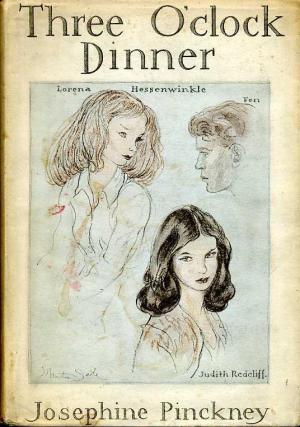By Andy Brack, editor and publisher | Summertime and vacation conjure images of spending time with a light novel – a “beach read” – to while away the time and recharge the brain’s batteries.
But what if someone wanted to read something a little more substantive to learn about South Carolina’s history or politics? Or read a great novel that inspires?
 At the top of the history list should be “The Palmetto State: The Making of Modern South Carolina,” a 2009 examination of modern South Carolina history by Jack Bass and Scott Poole that gives context to everything going on today. It’s well-written, not too long and easy to finish in a week.
At the top of the history list should be “The Palmetto State: The Making of Modern South Carolina,” a 2009 examination of modern South Carolina history by Jack Bass and Scott Poole that gives context to everything going on today. It’s well-written, not too long and easy to finish in a week.
“It’s a history book with the theme of politics throughout,” reflects College of Charleston political science professor Gibbs Knotts, who also recommended the book. “My favorite chapter is chapter 11, ‘The Republican Rise.’ The transformation from the solid Democratic South to the reliably Republican South is one of the most consequential political changes in American history.”
If you’re looking for more detail, there’s a 716-page brick of a book, Walter Edgar’s comprehensive and outstanding “South Carolina: A History” published in 1998.
“It is my favorite for history and politics,” Gov. Henry McMaster said this week, adding “Dan Hollis’ short, out-of-print ‘A Brief History of South Carolina’ is an excellent introduction.”
Bo Moore, dean of Humanities and Social Sciences at The Citadel, also recommended Edgar’s history: “The single best, one-volume account of the full-sweep of the South Carolina experience.”
Two readers endorsed a new book, “Denmark Vesey’s Garden: Slavery and Memory in the Cradle of the Confederacy,” by Ethan J. Kytle and Blain Roberts. The New York Times called the book, set in Charleston, a “fascinating and important new historical study.”
Michael Boulware Moore, head of the soon-to-be-built International African American Museum, said he is currently reading the work. “It’s a clear and unflinching look at Charleston, ‘the capital of slavery.’ and the histories that that institution spawned.” Fellow Charlestonian Jennet Robinson Alterman, chair of SC WREN, also recommended the book.
U.S. Rep. Jim Clyburn, D-S.C., pointed to his 2015 memoir, “Blessed Experiences: Genuinely Southern, Proudly Black.” He said: “Blessed Experiences was intended to be a primer for young people interested in politics,” adding that Frank E. Jordan Jr.’s 1966 “The Primary State” on the history of the state’s Democratic Party from 1896 to 1962 might be a good first history read.
Longtime Columbia public relations guru Bud Ferillo suggested Christopher Dickey’s 2015 tome, “Our Man in Charleston: Britain’s Secret Agent in the Civil War.” Ferillo called it “a brilliant and exciting history of the anti-slavery British consul general who helped, at great personal risk, keep Britain from backing the Confederacy to continue the cotton supply.”
University of South Carolina President Harris Pastides pointed to “Slaves in the Family,” a modern classic by South Carolina’s Edward Ball. A bestseller from 1998, it won the National Book Award and launched Ball’s career. Kirkus Reviews noted, “The former Village Voice columnist displays his journalistic moxie wading through the voluminous written record (10,000 pages of family papers spanning four centuries, National Archives documents, census reports, and more) to flesh out the family character and track down slave descendants.”
 But what if you want something about South Carolina, but lighter and still serious?
But what if you want something about South Carolina, but lighter and still serious?
Several people recommended novels by Pat Conroy, such as “The Prince of Tides” and “Beach Music.” S.C. Rep. Bill Herbkersman, R-S.C., said “The Great Santini” is his favorite novel of all time because “we can all feel a little of us in that book.”
“Conroy captures the Lowcountry,” Furman professor Danielle Vinson told us. She also recommended Sue Monk Kidd’s “The Secret Life of Bees” as a South Carolina novel with oomph.
Conservation Voters of South Carolina Executive Director John Tynan of Columbia, Moore and Knotts recommended novels by Ron Rash such as “Saints at the River.”
Robinson and Charleston food author Nathalie Dupree suggested an oldie, but goodie, “Three O’clock Dinner” by Josephine Pinckney.
And Ferillo reminded us not to forget a great beach read from the beach that is just plain good: “Sullivan’s Island,” by Dorothea Benton Frank.
What are your recommendations?
- Have a comment? Send to: editor@charlestoncurrents.com




 We Can Do Better, South Carolina!
We Can Do Better, South Carolina!
























